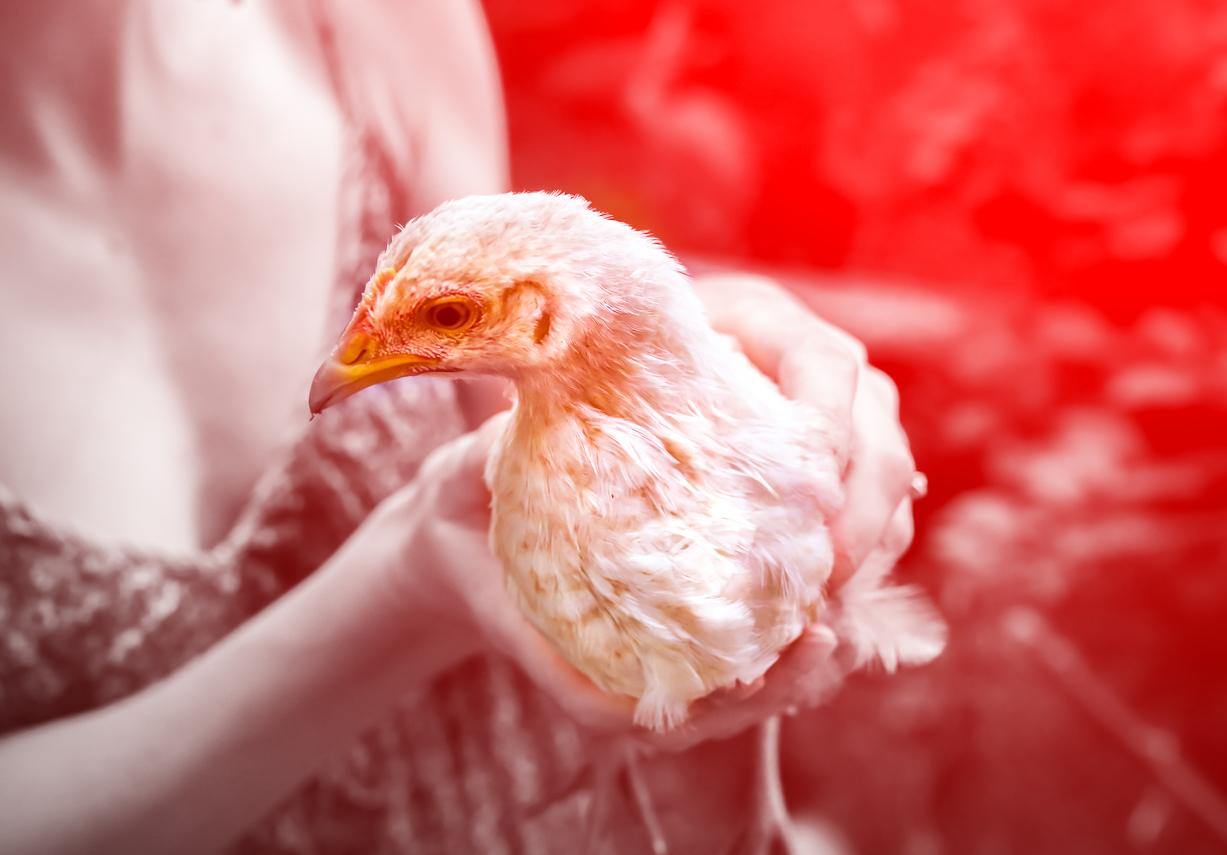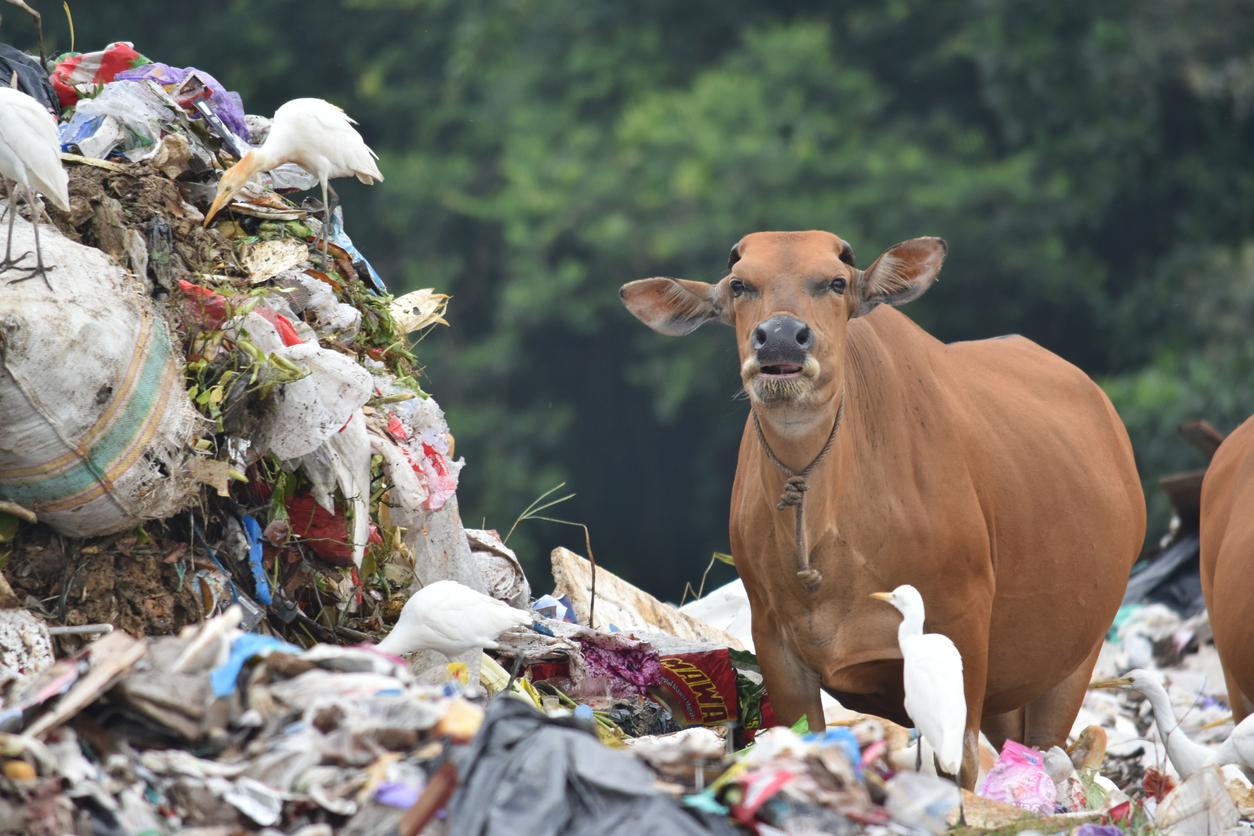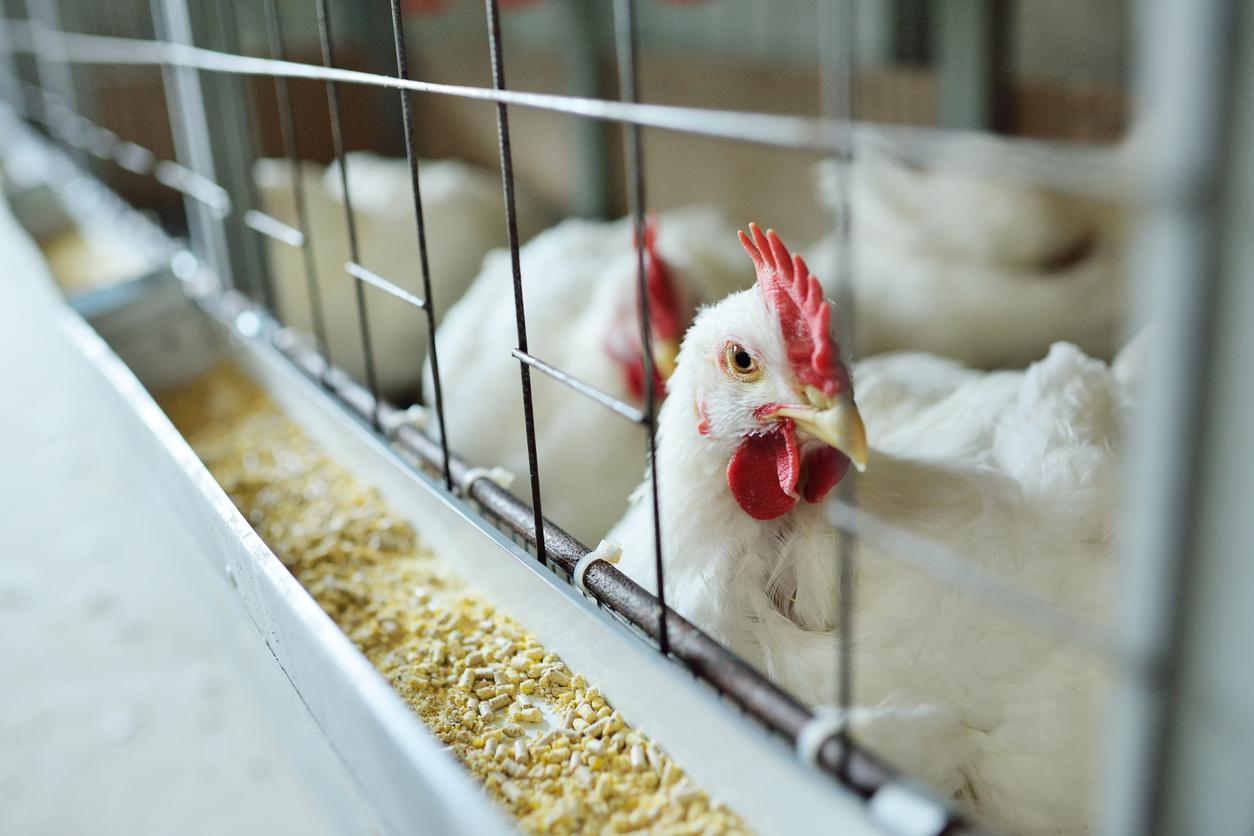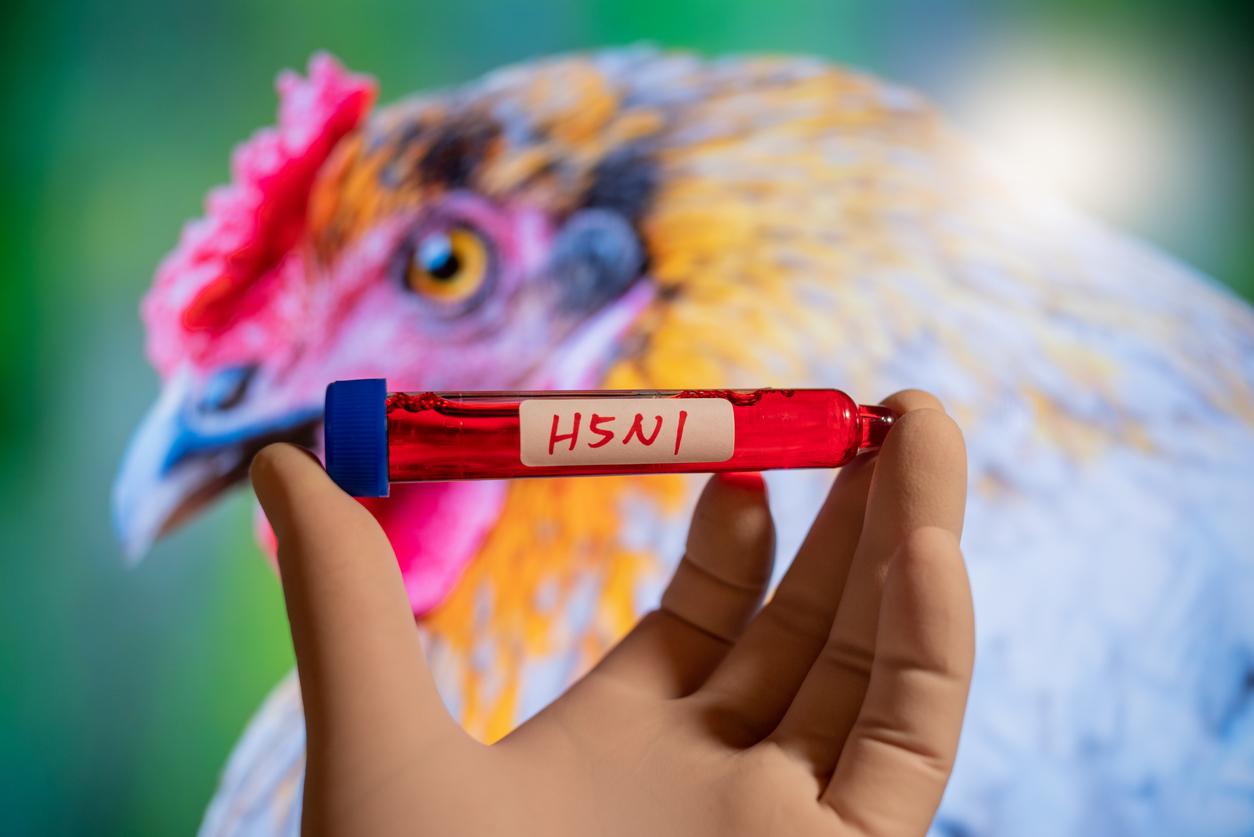A woman has died of H3N8 bird flu in China, making her the first recorded victim to date, the WHO has warned.

- The H3N8 avian flu has caused the first human death in China.
- It is a 56-year-old woman who was in contact with poultry.
- Transmission between humans is currently non-existent, but a mutation of the avian influenza virus cannot be ruled out.
After the H5N1 avian flu, it is the turn of the H3N8 to claim a victim in China where the first death has been recorded, announced the World Health Organization (WHO) in a statement released yesterday.
Avian flu: the victim died quickly following the infection
The case is a 56-year-old woman from Guangdong province in southeast China, whose illness began on February 22, 2023. She was hospitalized with severe pneumonia on March 3, 2023 and passed away on March 16, 2023.
The virus has been circulating since 2002. It had so far caused no human casualties but had infected two people in China in April and May 2022. “The patient had multiple underlying pathologies. She had a history of exposure to live poultry prior to illness onset, and a history of wild birds around her home.”the WHO said.
The exact source of this infection remains to be determined, but frequenting a live bird market could have caused this contamination.
WHO advises avoiding contact with birds
The WHO has emphasized that the transmission of avian influenza viruses from birds to humans is usually sporadic and occurs in a specific setting: “Most previously reported human infections with avian influenza viruses have been due to exposure to infected poultry or contaminated environments.”
This is why the health authority reiterated its advice to minimize the risk of infection such as avoiding contact with high risk environments such as live animal markets/farms, live poultry or surfaces likely to be contaminated with poultry or bird faeces.
It is further recommended that you maintain good hygiene by washing your hands frequently or using an alcohol-based hand sanitizer and wearing respiratory protection when in a risky environment.
Avian flu: no human-to-human transmission of the H3N8 virus
The organization stressed that the available data showed that this virus was not transmitted between humans, and that no “close contacts of this case had not developed an infection or symptoms of the disease at the time of writing this report”said the WHO.
However, as avian influenza viruses continue to be detected in poultry populations, WHO expects more isolated human cases to occur in the future, even though “the risk of its spread nationally, regionally and globally is considered low“.
Constant monitoring, due to the permanent mutations of the viruses, is nevertheless necessary, underlined the WHO.

















